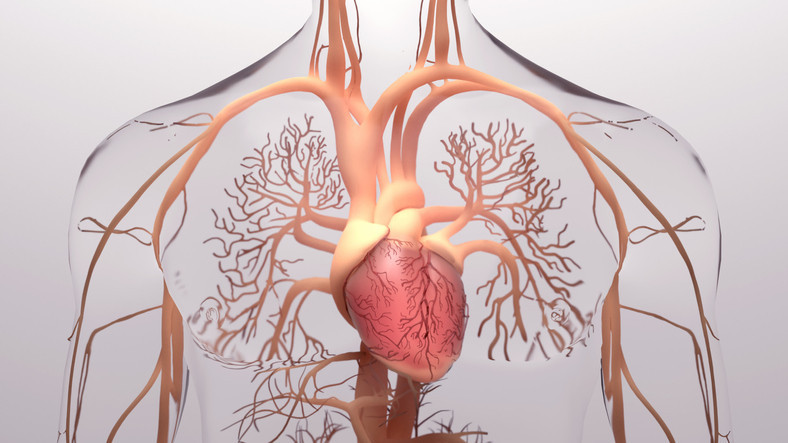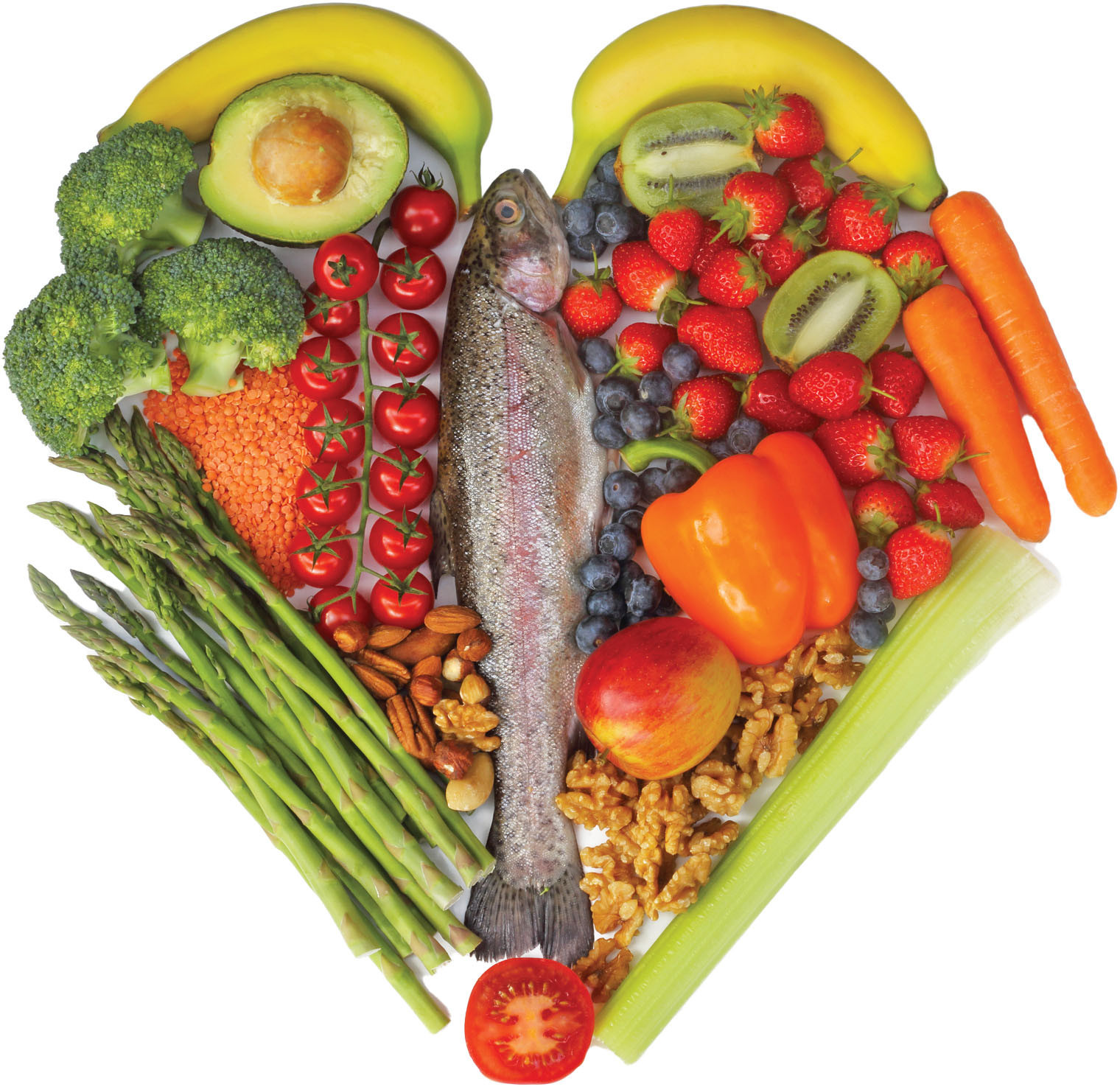
Counting steps is good — is combining steps and heart rate better?

Appendix pain: Could it be appendicitis?

Can saw palmetto treat an enlarged prostate?

How does Ozempic work? Understanding GLP-1s for diabetes, weight loss, and beyond

Zinc: What it does for the body, and the best food sources

Respiratory health harms often follow flooding: Taking these steps can help

Tips to leverage neuroplasticity to maintain cognitive fitness as you age

Can white noise really help you sleep better?

Celiac disease: Exploring four myths

What is prostatitis and how is it treated?
Heart Health Archive
Articles
How good is your cardiometabolic health — and what is that, anyway?
An analysis shows less than 7% of adults in the US meet the criteria for optimal cardiometabolic health. Taking small steps to help control and improve key risk factors can reduce the odds of a heart attack or stroke.
How does marijuana affect the heart?
An estimated two million people in the United States with cardiovascular disease currently use or have used marijuana. Converging (yet limited) evidence suggests the drug may be harmful to the heart. Marijuana can cause the heart to beat faster and blood pressure to rise. Heart attack risk also appears to rise in the hour after smoking marijuana, and the drug has also been linked to an increased likelihood of atrial fibrillation and stroke.
Addressing poor sleep may help heart health
Growing evidence suggests that poor sleep is linked to a host of health problems, including a higher risk of high blood pressure, diabetes, obesity, and heart disease. Now, a recent study on people in midlife finds that having a combination of sleep problems may nearly triple a person's risk of heart disease.
A new drug to treat heart failure
Most people with heart failure (or those at high risk for it) need several medications to treat their symptoms. New guidelines from the American College of Cardiology/American Heart Association have added another drug class to the treatment list: a group of diabetes drugs called sodium-glucose cotransporter-2 (SGLT-2) inhibitors. SGLT-2 inhibitors offer multiple benefits, such as helping to reduce swelling, lowering high blood pressure, assisting with weight loss, reducing complications associated with heart failure, and preventing hospitalization.
What's driving heart attacks in younger adults?
Seven factors appear to account for most first heart attacks in people ages 55 and younger: diabetes, depression, high blood pressure, current smoking, family history of early heart attack, low household income, and high cholesterol.
Preventing repeat heart attacks: Mediterranean vs. low-fat diet
For people with heart disease, a Mediterranean diet prevents future heart problems better than a low-fat diet.
Happy heart syndrome: Even positive stress can affect the heart
Grief, fear, conflict, or other negative emotions can lead to an unusual type of heart attack, commonly known as broken heart syndrome. Rarely, positive emotions can also trigger the problem—and this "happy heart syndrome" may be more prevalent among men.
Meal of the month: Summer supper on the grill
A backyard barbeque can be a good way for people to include more vegetables in their evening meal. Good choices include whole portabella mushroom caps, asparagus, sweet peppers, onions, and zucchini.
Artificial intelligence: Advancing into cardiology
Machine learning, a key aspect of artificial intelligence (AI), may improve the diagnosis of heart disease by analyzing large amounts of data from chest CT scans, echocardiograms, and electrocardiograms. By recognizing patterns, the machine "learns" and becomes more accurate over time. Current projects include diagnosing coronary artery disease with stress echocardiography and detecting multiple heart rhythm disorders from electrocardiograms in different formats and layouts.
Why don't more people know CPR?
Fewer than half of people who experience cardiac arrest outside of a hospital receive CPR from someone nearby. Shorter, more accessible training and help from technology may encourage more people to learn and administer this lifesaving technique. Another potential barrier to performing CPR is not recognizing the symptoms of cardiac arrest. Common mistakes include pressing down on the stomach instead of the center of the chest, not compressing the chest deeply enough, or giving compressions that are either too fast or too slow.

Counting steps is good — is combining steps and heart rate better?

Appendix pain: Could it be appendicitis?

Can saw palmetto treat an enlarged prostate?

How does Ozempic work? Understanding GLP-1s for diabetes, weight loss, and beyond

Zinc: What it does for the body, and the best food sources

Respiratory health harms often follow flooding: Taking these steps can help

Tips to leverage neuroplasticity to maintain cognitive fitness as you age

Can white noise really help you sleep better?

Celiac disease: Exploring four myths

What is prostatitis and how is it treated?
Free Healthbeat Signup
Get the latest in health news delivered to your inbox!
Sign Up











